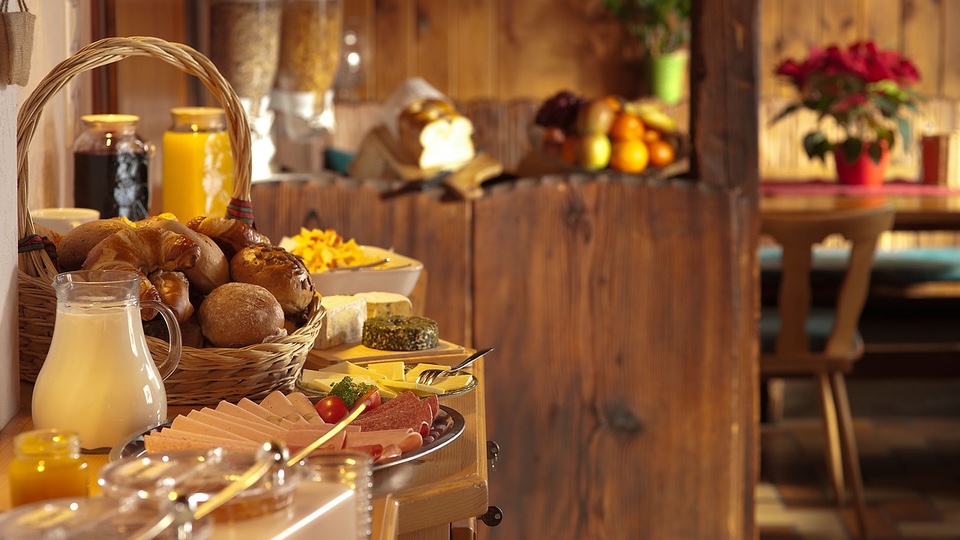Hotel & Resort Website Design: What Makes a Good Website?

What gets defined as a “good website” can vary greatly from user to user or from designer to designer. Websites are creative pieces by nature, and people don’t typically see a creative piece in the same way; so interpretation will always vary from user to user.
However, websites are more than just a piece of visual art. In the hospitality space, they serve a very specific purpose: tell people about your hotel and allow them to book a room or take some other type of action. Knowing these basic goals, there are a few things you should keep in mind when designing and creating your hotel’s website.
Brand Extension
Your hotel’s online presence starts with its website, and it should be an extension of your brand. It’s essentially your virtual lobby; a place that’s going to set the stage for the rest of the customer experience. Although a design concept may vary greatly between designers, having your website “look like” your brand is critical. This can include something simple like using your brand’s colors and fonts, but can get very intricate and detailed.
Functional + Interactive
Your hotel’s website is a tool that helps your business to meet it’s goals; thus, it should allow visitors to interact with it in a number of different ways. This could mean allowing a user to book a room, view their reservation, upgrade a room or something as simple as filling out an online contact form.
User Friendly
Since your hotel’s website allows users to interact with it, it should be “user friendly”. You may have heard this term before and it is somewhat vague, but here are a few ideas to get you started on what a “user friendly” site might look like:
- Clear and Easy Navigation: Keep the site structure simple and don’t have pages that go too deep.
- Clear Layout: Keep the site easy to look at and figure out. You don’t want the site to get too busy and cluttered, which just confuses the user.
- Easy Interaction: Elements of the site that are interactive should be clearly labeled as such. You want the user to be able to know what he/she can and can’t do.
- Calls to Action at Every Corner: One of the purposes of your hotel’s website is to get the user to take some type of action, whether it’s contacting your property or booking a room online. You should clearly provide the user the ability to take an action on every page.
- Clear Instructions: Where the user can interact, make sure that you be as clear as possible with how to interact with that element.
Download Our Full Responsive Website Design Overview
Interested in Website Design?
Talk to Us Online or give us a call at 978.465.5955

